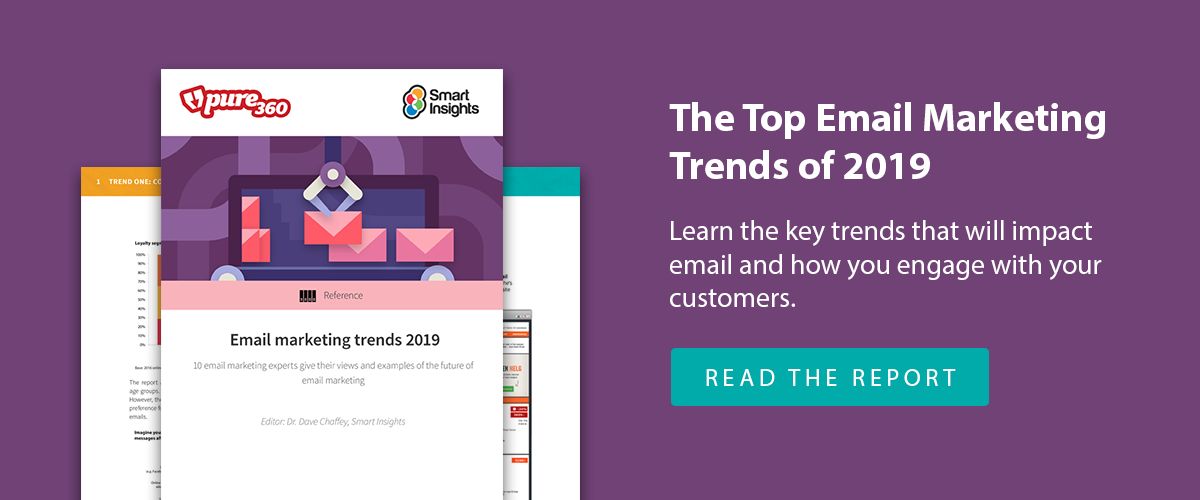Welcome to the first in our series of blog posts where we introduce the team here Pure360.
Join us as we delve into the daily working lives of the team and get to know staff from all over the organisation and how they help make Pure360 what it is today.
First up, we talk to Marcus Webb who is our Senior Technical Services Consultant. Let’s put a face to the name of one of our awesome technical pros…
Tell us about yourself and your role at Pure360
I work within the Service Delivery department as a Senior Technical Services Consultant in the Technical Services Team. I’ve been at the company for more than six years now and work primarily with our clients to help them integrate their systems with ours, or answer some of the more challenging technical questions.
What is a typical working day for you at Pure360?
There is no “typical working day” for me to be honest. I actually enjoy that because it means that no two days are ever the same and nothing is ever boring and repetitive!
One minute I might be helping a customer understand why they’re unable to connect their system to ours, the next I could be talking to a prospect about an intricate part of our API (the means by which we can get two systems to talk to each other with a meaningful dialogue).
Equally, I can be found working in the new Pure Academy — a multi-disciplinary team within Pure360 who are responsible for ensuring that staff here are as well-trained as they can be about their roles and other self-development factors — or advising a long-standing client about email security.
You name it, I seem to get asked about it! But that’s all part of the variety of this role and it’s what keeps me coming back for more.
Do you have any email strategy hints and tips you would like to share?
My father worked in newspapers as part of his working life for Mirror Group Newspapers and a key lesson I’ve learned from that is: if you want to grab people’s attention, put the important stuff above the fold. Now, while we can’t fold emails this is still relevant to marketing today.
Make sure your key message appears at the top of the email. Time is, and always has been, a precious resource for people. So if you want them to act more on the message, or read more, or generally interact with your email in a positive way, make sure that this information is front and centre with a clear call to action.
Oh, and while you’re at it, please spell check the email and your landing pages. You are looking to project and protect the company image here. Yes, people will understand semantically if you said ‘their’ when you meant ‘they’re’, but which gives a better impression? I may be old fashioned, but I like to think that if someone has pride in their product or service, they should display it in every aspect of their (correct spelling) communication and behaviour toward their intended purchaser — be that products or services.
Who inspires you and why?
I found Stephen Hawking to be a supremely inspiring individual. To have challenged the adversity of his illness and to have ‘levelled the playing field’ by bringing one of the most complex notions in the universe to a human level takes a special kind of person. He was most definitely that, and the world is a sadder, less understanding place without his presence.
But I’m inspired by artistic things like pictures, books, music and so forth. I love modern minimalist music such as Steve Reich, John Adams, Philip Glass and Michael Nyman, to name but a few (all of whom do not believe they are ‘minimalists’, but suffer obligingly under that tag just so that people can find them and their works).
I find photographs by Man Ray, Eugene Atget, Don McCullin and others have great things to say about the human condition.
I read voraciously. I love books that immerse me in the time or location that they’re set. Caleb Carr’s ‘Alienist’ series springs to mind, as does Conan Doyle’s ‘Sherlock Holmes’ series.
What are your marketing trends predictions for the year ahead?
I’m not one for trends but I do have some tips:
1. Try to make your data unified. Little impresses a customer more than you showing you know and care about them. And little impresses them less than that information that you do have being inaccurate.
2. Try to remember the cultural effects of personalisation, and ensure you’re sounding professional rather than formal or hokey or overly familiar. It’s a difficult needle to thread particularly if you have to deal with overseas markets in the same breath as your geographically local market, but it can be done. (Shameless plug) We have staff here who can help with that sort of an enquiry.
3. Make a promise to yourself that you’re going to sort out abandoned baskets, bookings, form completions and anything else on your website that makes you money. After all, the CFO/FD or whomever watches the money coming in and going out will love you more if you can make that revenue go up. Again, we have staff here who can help with that.
4.’Customer-centric’ is the most awful buzzword of the last few years. If you’re not thinking of your customer, you’re not thinking of your next pay cheque. You don’t need a buzzword to tell you where your focus should be. So make sure you’re addressing them, and preferably use your knowledge of them combined with your data to make the experience of doing business with you truly work for them. And leave that buzzword at the front door or consigned to the rubbish tip of meaningless management jargon where it truly belongs.
5.Finally, beware of getting sucked into marketing hype. There’s been a lot around Artificial Intelligence (AI) in marketing. But I believe that the current selection of AI marketing tools are actually predictive analysis rather than true artificial intelligence (here comes my inner geek). AI should be able to base decisions on predictive analysis but should also learn from the results and occasionally challenge the norms by trying something a bit left field. From what I have seen of the current AI marketing tools, they don’t do that.

